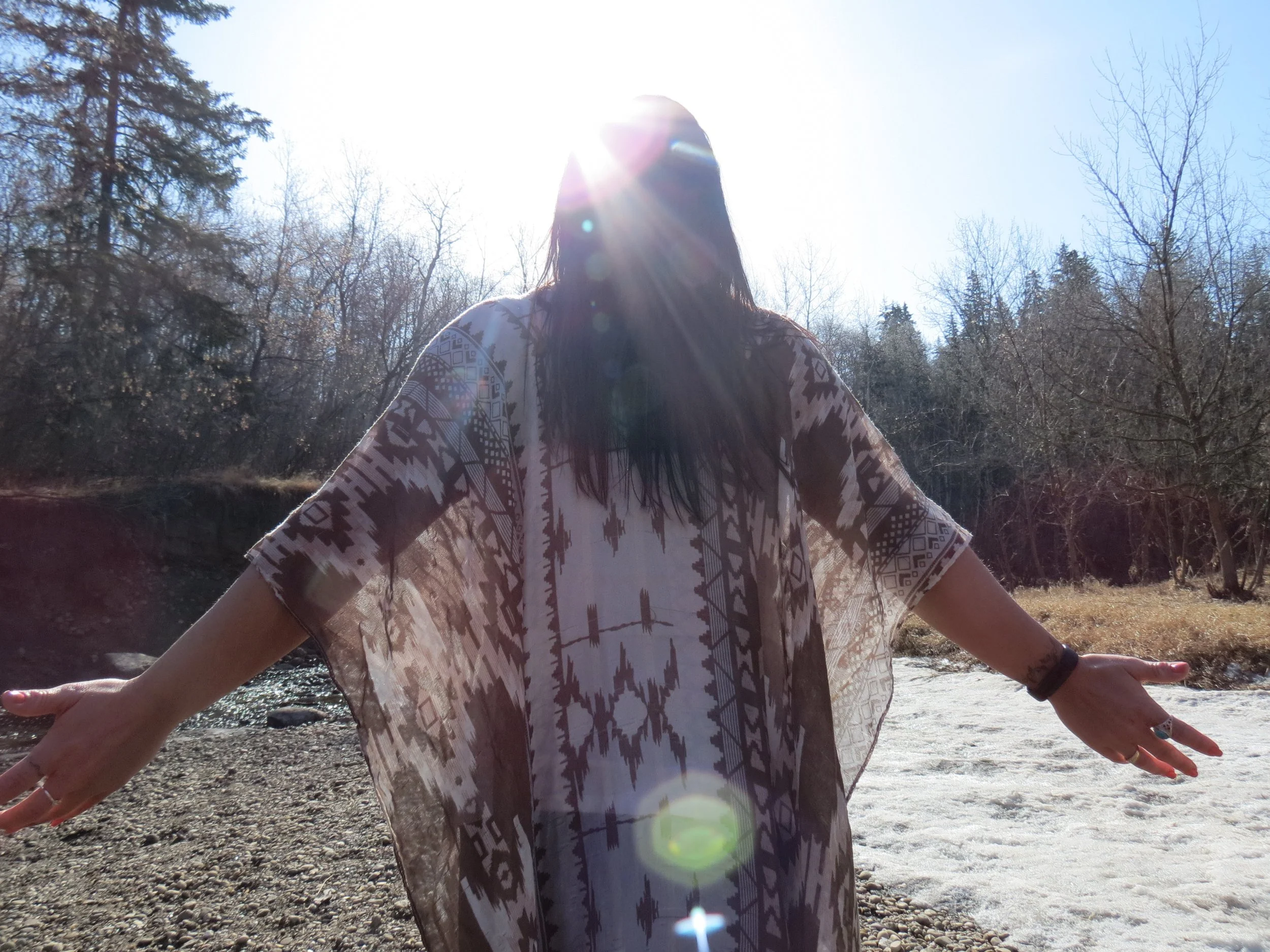
Bear in Mind Healing
Jenny Patterson is a Registered Social Worker. She graduated with her Bachelor of Arts Honours in Indigenous Studies at Trent University in 2015 and in 2019 she graduated with her Bachelor of Social Work Degree.
Jenny has worked in the social service and mental health field for over ten years and decided to open her own private practice in 2021. Jenny is now the founder of Bear in Mind Healing, a therapy practice based out of Cobourg, Ontario.
As an Indigenous and neurodivergent woman, a survivor of domestic violence and narcissistic abuse, Jenny’s passion for social work comes from her own lived experiences and her belief that Mother Earth is a garden and we are the flowers (her children) and that part of her purpose is to help those flowers grow.
Through her lived experiences, such as narcissistic abuse, she learned about Complex Post Traumatic Stress Disorder (CPTSD) and wanted to learn more about why she had never heard about this diagnosis, although she knew that she had this, along with many other people.
Studying CPTSD led her to learn a lot about other forms of trauma-therapy and she became really passionate about “whole-istic” and experiential methods of healing. Holistic with a W, for her, indicates that we are a WHOLE human-being experiencing the mental, emotional, physical and spiritual. This approach is similar to the “bottom-up” approach which prioritizes the body’s response to stress and trauma, recognizing that the body, mind and spirit are interconnected.
Jenny’s approaches are often trauma-informed and aim to regulate the autonomic nervous system promoting a sense of safety and security. Techniques such as breathwork, meditation, music, reiki healing, Indigenous teachings, land/earth and sensory based interventions are used to address bodily sensations and promote grounding and connection.
As a therapist, Jenny works through an anti-oppressive, affirming, and culturally sensitive lens. Some of her methods and modalities include person-centred, strength-based, motivational interviewing, expressive arts, trauma-informed practices, Indigenous and whole-istic approaches.
Jenny has a background working in the domestic violence field and has a lot of passion about providing education and healing regarding abuse, narcissistic abuse and recovery and abusive relationships. Jenny is also passionate about harm reduction and alternative methods of addiction treatment and trauma.
What Jenny finds to be beautiful about being a social worker, is to be able to walk with folks on their healing journey for just a little while; creating that safe, nurturing space and connection.
A little bit about me:
I love spending time on my land, with the trees.
I also love my cats, my daughter and enjoy playing guitar and singing :)
other areas of specialty:
Addiction
ADHD
Anxiety
Autism
Behavioural Issues
Body Positivity
Codependency
Depression
Dissociative Disorders (DID)
Domestic Abuse
Drug Abuse
Family Conflict
Life Transitions
Mood Disorders
Personality Disorders
Relationship Issues
Self Esteem
Stress
Substance Use
Suicidal Ideation
Trauma and PTSD
Women's Issues
Types of Therapy/Treatment Approaches:
Cognitive Behavioural (CBT)
Compassion Focused
Culturally Sensitive
Experiential Therapy
Internal Family Systems (IFS)
Land-Based
Mindfulness-Based (MBCT)
Motivational Interviewing
Multicultural
Person-Centered
Psychoanalytic
Reiki Healing
Solution Focused Brief (SFBT)
Strength-Based
Trauma Focused
Offerings

“The medicine is already within the pain and suffering. You just have to look deeply and quietly. Then you realize it has been there the whole time.”
~Thomas Hübl











